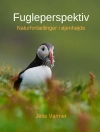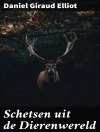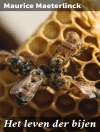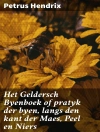There has been a dramatic increase in theoretical and practical studies on insect natural enemies over the last decades. The appeal of insect predators and, in particular, parasitoids, as research animals derives from the relative ease with which many species may be cultured and experimented on in the laboratory, the simple life-cycles of most parasitoid species, and the increasing demand for biological pest control as a key component of the integrated pest management approach.
There is now a very substantial literature on insect natural enemies and thus a great need for a general text that enquiring students or research workers can use in deciding on approaches and techniques that are appropriate to the study and evaluation of such insects. This book fulfils that demand. It is a considerably updated and expanded version of a previous best-seller and provides an account of major aspects of the biology of predators and parasitoids, punctuated with information and advice onwhich experiments or observations to conduct and, importantly, how to carry them out. Guidance is provided, where necessary, on the most recent further literature that may need to be consulted on given topics. While researchers can now refer to several books on parasitoids and predators, Jervis’s Insects as Natural Enemies is unique in emphasising practicalities. It is aimed at students and professionals working in universities and both government and commercial institutes in the fields of integrated pest management, agriculture, horticulture and forestry, as well as those interested in fundamentals of behavioural, population, community and evolutionary ecology.
Mục lục
Foraging behaviour.- The Life-cycle.- Genetics.- Mating behaviour.- Mating Systems.- Populations and Communities.- Population Dynamics.- Phytophagy.- Statistical approaches.
Giới thiệu về tác giả
Ian C.W. Hardy, Ph D, University of Finland, Helsinki, is an evolutionary ecologist specializing in the behavioural, reproductive and population biology of parasitoid wasps. His work spans fundamental and applied questions, including biological control and integrated pest management.
Eric Wajnberg, Ph D, INRAE, Sophia Antipolis, France, is a population biologist specializing in population genetics, behavioural ecology and statistical modelling. Over thirty years he has used experiments and theory to understand the foraging mechanisms of insect parasitoids. He is also an expert in biological pest control.












